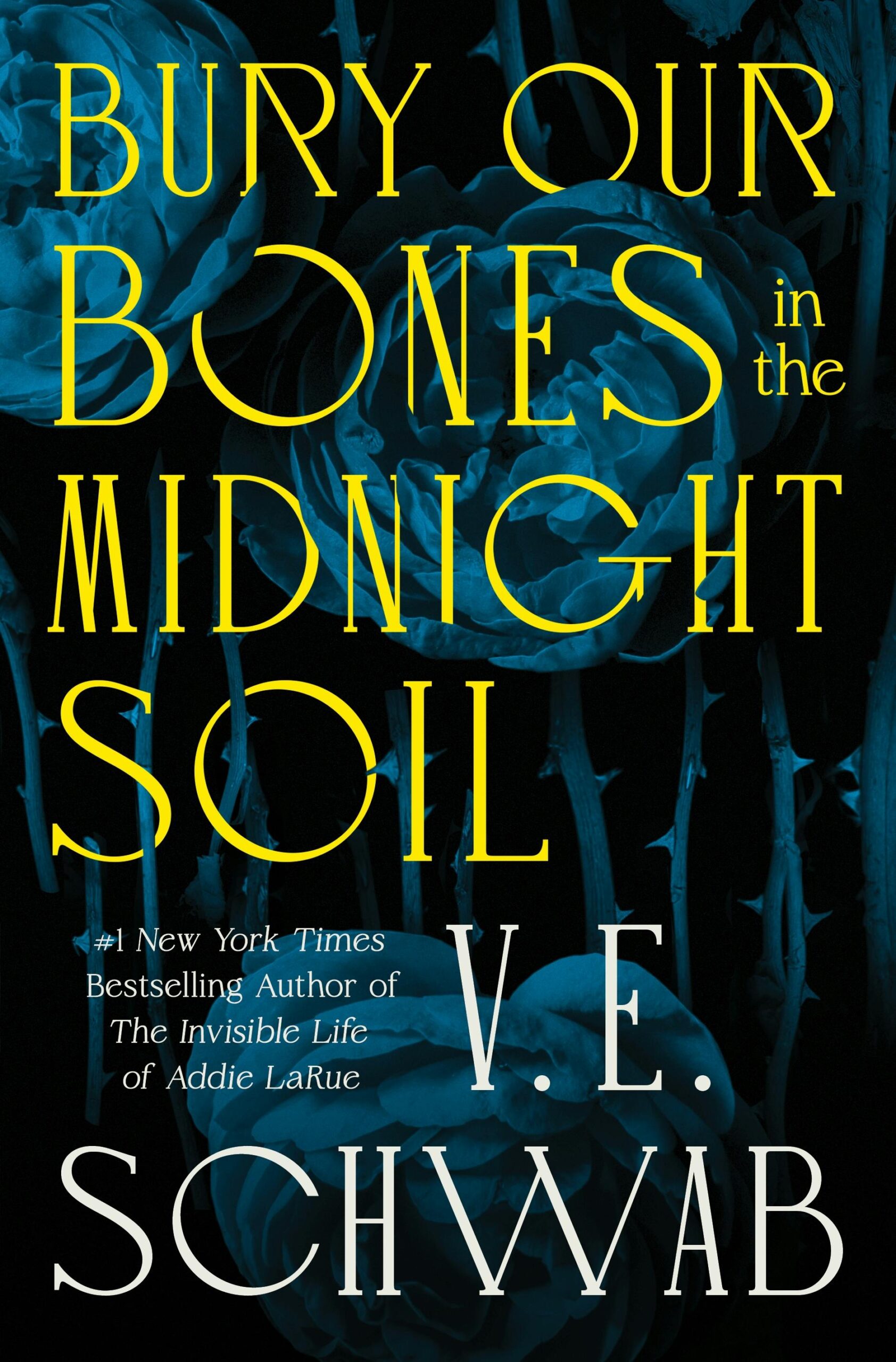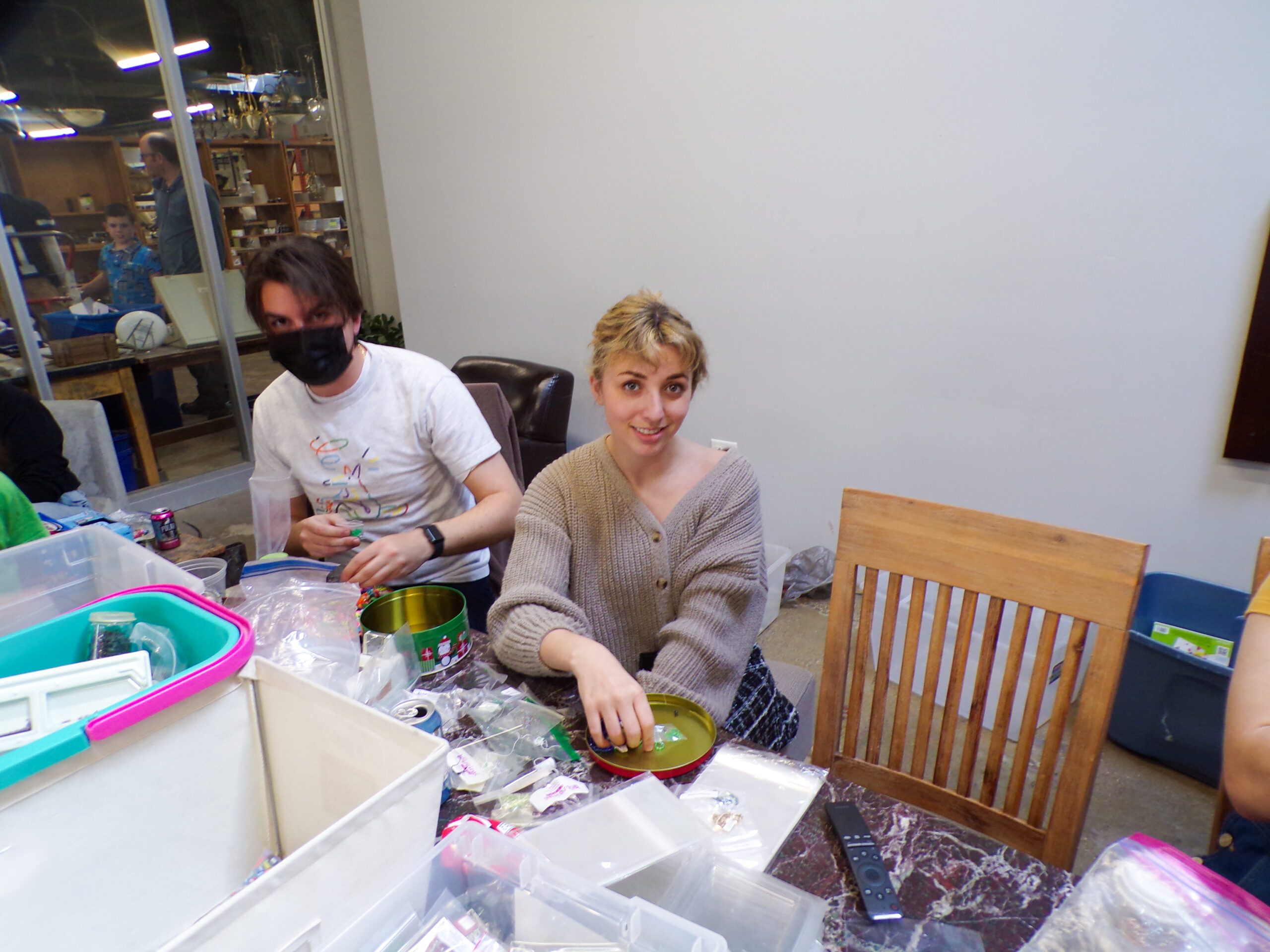One won’t find the work of Loyola’s fanfiction writers in any library or bookstore — it lives online, with the rest of the genre.
Susana Ciuperciuc’s stories can’t be found in a library or a bookstore. Their books don’t have covers, blurbs or a publishing house. They don’t profit from a single word they write — because they write fanfiction.
Fanfiction is fiction based on pre-existing media, including movies, TV shows and podcasts. While writers have been elaborating on each others’ works for centuries, the modern concept of fanfiction stemmed from the 1960s and ‘70s when “Star Trek” fans started making and mailing stories from their own homes, according to The Guardian.
“I really enjoy writing for characters that you wouldn’t see in a romantic setting,” Ciuperciuc said. “I want to understand how they respond to something like romance, or how a character might respond to something like losing their loved ones or having a divorce.”

Ciuperciuc, a second-year English major, mainly writes about the fantasy role-playing video game series “The Elder Scrolls.” They started playing the games at 6 years old and latched onto the franchise’s characters and intricate worldbuilding.
“You have to have an open mind and you have to kind of see it as more than just the work itself — you need to kind of see it past that and see it as an art form,” Ciuperciuc said.
When Ciuperciuc was 11, they watched YouTubers who talked about video game fanfiction, leading them to explore fics about the horror game “Five Nights at Freddy’s” on the digital art site DeviantArt. They later moved onto more writing-based websites like Wattpad, Quotev and Archive of Our Own, colloquially named AO3, and now engage in a number of video game fandoms.
The looser structure of video games gives fans more room for interpretation than TV shows and books, which makes them ripe for fanfiction, Ciuperciuc said.
Fanfiction can help students improve their writing skills in general, according to Ciuperciuc. They’ve written research papers analyzing the religious iconography and allegories in “The Elder Scrolls.” For a promptless short story assignment in their ENGL 318 class last semester, they started by writing fanfiction for the adventure novel series “Warrior Cats” and reworked it from there.
“The writing I admire most is fanfiction,” said Ciuperciuc, 19. “Some of the best ‘books’ I’ve read have been fanfiction because you see that love and you see that dedication.”
Adjunct instructor for the writing program and published novelist Margaret Hawkins said one of her writing assignments asks students to think about how a historical or fictional person would react in a different situation, which could be construed as a form of fanfiction.
“It sparks creativity,” Hawkins said. “If emerging young writers want to do that, I think it’s great.”
Second-year Thorn Smith said she once entered a writing contest with a reworked, edited fanfiction originally about the anime “Fullmetal Alchemist: Brotherhood.” Though she didn’t win, she said she was happy to get the work published.
Smith mainly writes about Ted Kord — the second incarnation of DC Comics’ Blue Beetle — as well as older, more obscure comic book characters from the 1930s and ‘40s.
“I love finding the little things nobody talks about,” Smith said. “I love finding a golden oldie from the ‘30s or ‘20s and being like, ‘Oh, there’s some meat on those bones, let’s pull you out of retirement and put you back on the page.’”
Though Smith said she usually doesn’t publish her fics, she does share them with friends, especially her roommate.
“More people should do it,” Smith said. “Especially as college students, it’s a way we can improve our writing on the whole.”
Smith’s interest in fanfiction began in fourth grade when she first read the “Captain Underpants” books and wanted to do more with the characters. Smith said fanfiction helps her flesh out characters who are otherwise neglected by canon, even if they’re only mentioned once or twice in an entire book.
Smith, who has collected over 500 comic issues, said it would be a dream to write professionally — she noted many prominent comic book writers started as fans, including Alan Moore, author of “V for Vendetta,” “Watchmen” and “Saga of the Swamp Thing.”
“What I like most about picking up most books these days is you can really feel like, ‘Oh, you read this character at my age and you had this idea, and you’ve been waiting to get that chance to put it to paper,” the secondary education major said. “It’s so reassuring, especially to younger writers who want to break into that sort of thing.”
Smith said fanfiction can help writers work up to original work, even though she believes pure originality is unattainable.
“Unfortunately, we’ve gotten to a point with creativity where it’s very hard not to repeat something,” Smith said. “But rather than denying that, it’s really healthy to embrace that.”
Recently, some fanfictions have become profitable franchises, like book-to-movie adaptations “Fifty Shades of Gray” or “After,” according to Cosmopolitan. Smith said although she likes the idea of fanfiction getting recognized as a legitimate creative medium, the selling point of some franchises lies solely in their former status as fanfiction rather than the actual quality of the writing.

“It’s pandering,” Smith said. “There’s no other word for it, and I don’t think pandering is good, even if it’s, like, ‘Fans stay winning.’”
First-year Jack Patton began writing fanfiction when he was 11, starting with fandoms like “Harry Potter,” “Kingdom Keepers” and “Miss Peregrine’s Home for Peculiar Children.” He began on Wattpad but moved to AO3, which he said he preferred due to its extensive system for tagging or filtering works based on trope, pairings and content warnings.
AO3 is a volunteer site run by the Organization for Transformative Works, which preserves fanworks and fan history, according to OTW Communications Committee member Claudia Rebaza.
“From our perspective, the main advantages of the site is that it was created by and for fans, and i[s] a non-commercial space hosted by a non-profit organization,” Rebaza wrote in an email to The Phoenix. “These set it apart from many other fanwork platforms.”
Wattpad declined The Phoenix’s request for comment.
Patton said he’s given friends fics as birthday and Christmas presents, including smut fics involving characters from Shakespeare’s “Othello” and “Game of Thrones,” which Patton has never seen but wrote nonetheless.
“It’s a really great place to find community in a fandom, especially if you’re like I was — an alone middle schooler who didn’t realize he was trans, didn’t realize he was gay and felt very much like an outsider,” Patton said. “It helps you find yourself.”
Featured image taken by Ryan Pittman / The Phoenix
-

Mao Reynolds is a fourth-year majoring in Multimedia Journalism and Italian Studies. He is Deputy Arts Editor and Crossword Editor for The Phoenix. When he’s not writing about the diversity of Loyola student life or reviewing neighborhood spots, he likes bragging about being from the Northeast and making collages from thrifted magazines.
View all posts











